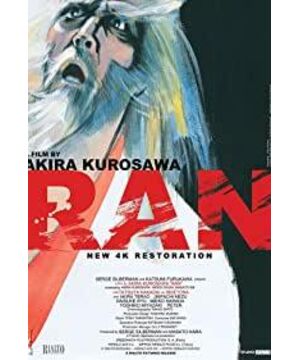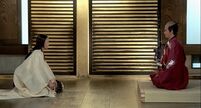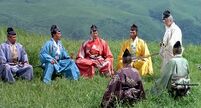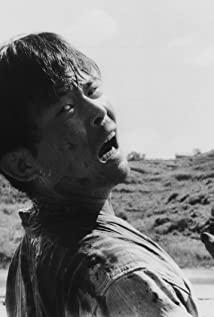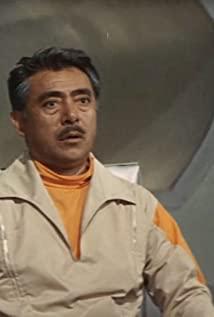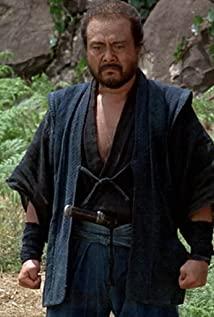Most Japanese movies are about parents abandoning their children. In this old film, on the contrary, ethically speaking, the child abandons the father. The outline of the story could not be clearer. When the father is old, he wants his son to inherit the family business. How can the three sons really see the hearts of the three sons when their father is in power?
Parents, wives, and children can all be sacrificed for power. Is it really Mrs. Feng who is doing a ghost? I think she is just a pretense, a pretense for the boss and the second to let themselves go. If this old father had read the ancient history of China, he would have known that the old would die in this position. Emperor Kangxi, in order to hold the power, even deposed the prince twice. Your own son can do it too. This is the politician.
Power is, in our present words, poisonous. Those who haven't tasted it will never know how good it is. The magic of money is far below power. No human being can resist the lure of power. But unfortunately, it is too far away from ordinary people to reach, and money is much closer, so ordinary people's vision is mostly limited to becoming rich.
The old father was heartbroken, and he wanted to die. He died in the arms of the third child. He was also satisfied, at least there was the third child. The third child is gone, and he has no desire to survive.
We don't make movies with this theme, and we would rather father kills his son than bring something like the son to kill his father on the table. China pays the most attention to filial piety, even if it is not filial, it will not be so blatant, even if you finally stand at the peak of power, the son kills the father, only this one, you will not be able to maintain your rule.
I don't know if this movie was conceived or if it has a true story. I always feel that ancient Chinese culture is really too advanced.
View more about Ran reviews


